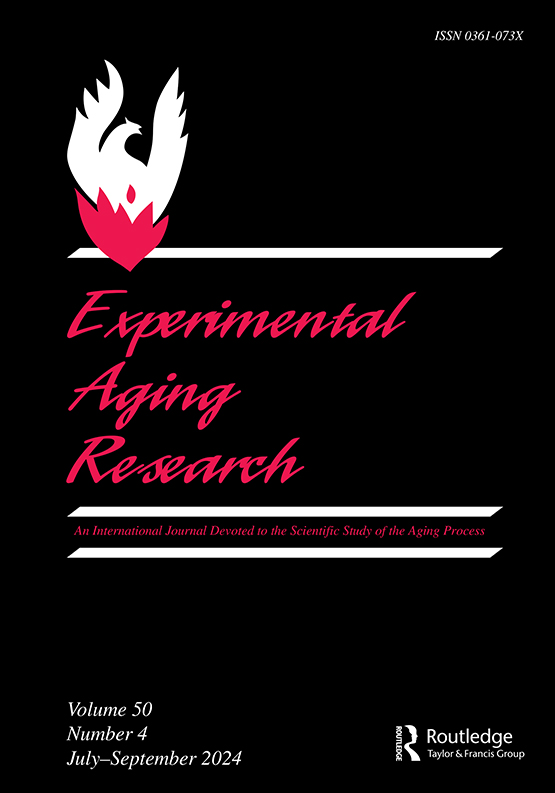Objectives: We examine age-related differences in recollection and test the impact of words with high vs low sensory experience ratings (SER) in older and younger adults. We expected that the recollection of words with high SER would be similar in older and young adults, as they depend on knowledge, unlike recollection of words with a low SER, which would depend on executive functions.
Methods: We manipulated the sensory experience of words (high vs. low) in encoding in young and older adults. The participants then took a word-recognition test using the Remember/Know paradigm (Gardiner, 1988). We also evaluated executive functions using several measures.
Results: Results show that the age-related difference in recollective experience was eliminated under the high SER encoding condition. Moreover, Remember (R) responses in the low SER condition seem to be related to executive functioning, unlike R responses in the high SER condition and Know (K) responses in both low and high SER conditions.
Discussion: Our study shows that the memory benefit of high-SER words is greater for older than younger adults. The study also supports the observation that older adults can compensate for their deficits by using sensory experience to consciously recollect information.
